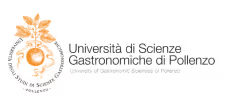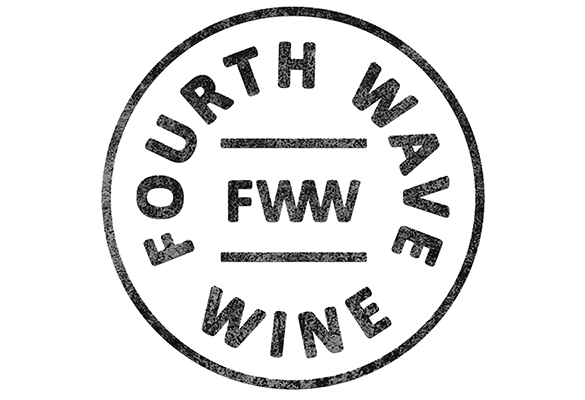“It's a provocative and courageous project for a courageous brand. When we talk about sustainability, we need to take risks, go beyond the conventional and explore other ways of branding and messaging.”
Reduce the negative impact of glass
The single voice that, in wine production, has the most impact in terms of CO2 emissions is the production of glass for bottles: alone it accounts for 24% of total emissions, reaching 30% if the voices of disposal and transport are included.
sources
[www.argiano.net] • Sustainability Report
[www.thewinesociety.com] • The wine society's alternative packaging for wine report
The bottle is imperfectly beautiful
Crate uses transition glass (bottles produced when glassware changes the colors of the glass and which are normally crushed and recycled) with at least 75% recycled content. These are bottles that would otherwise have been thrown away due to minor cosmetic imperfections such as discoloration, scratches or deformities.
By refusing perfect and new bottles, you reduce the need for further processing and the production of waste. Furthermore, the chosen bottles are the smallest and lightest available on the market, weighing 330 grams (empty).
Each bottle thus becomes unique.






